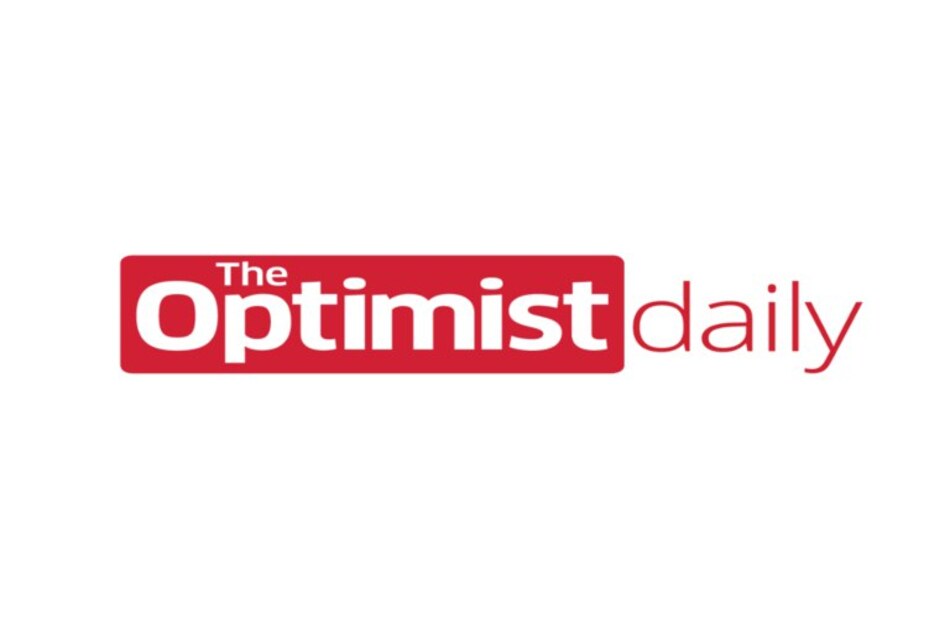Gary Bloch became a doctor because he wanted to help people who were less privileged than him. For years, he tried his best to treat patients coping with poverty and homelessness.But no matter how many blood tests he ordered and prescriptions he wrote, many of his patients’ health problems persisted.
He realized it was because he wasn’t addressing the issue that most plagued them: poverty. So in 2005, instead of prescribing only medication, he started developing the concept of prescribing money. And for the past 10 years, he’s been putting that concept into practice. In concrete terms, that means that Bloch connects his patients to ways of boosting their income, like applying for welfare or disability support. Often, it means guiding patients to fill out their tax forms so they can access government benefits.
Is it a doctor’s responsibility to do this? Yes, Bloch says, because if you don’t treat the social determinants of health (like income and housing), you’re not actually doing what you can to ensure your patients get healthier. Bloch’s model to health has made an impact in his community, but he’s not satisfied yet. Now he’s pushing for broader systematic change, including a more robust social assistance program.
If you’re curious to know more about Bloch’s healthcare model, have a look at this fantastic interview with the doctor himself.












